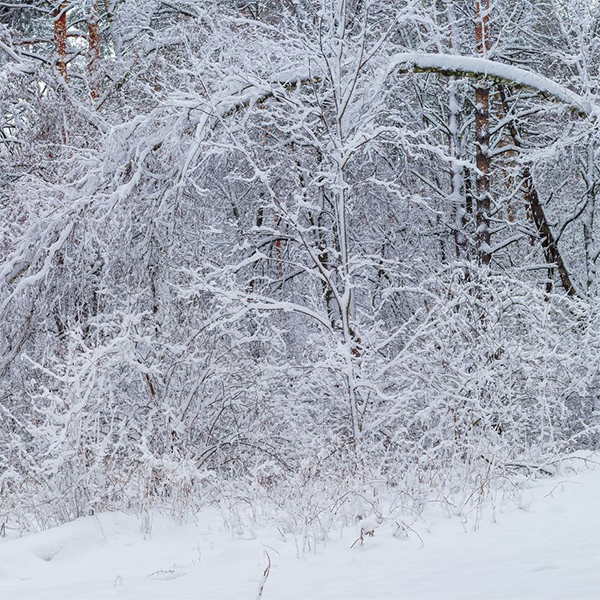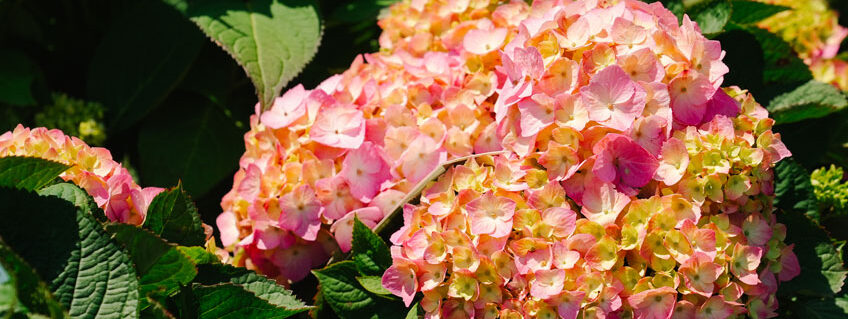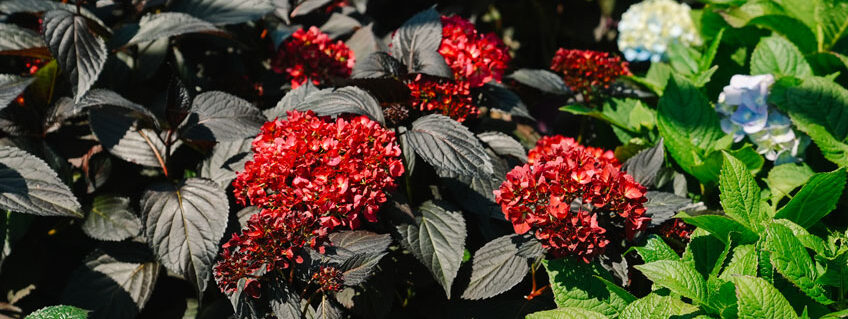New Englanders are well acquainted with the difficulties in making it through our frigid winters unscathed. Woody Plants in your yard, especially newly planted ones, are also susceptible to many of the same deleterious factors which plague you and me.
Winter’s sun can cause damage to broadleaved evergreens such as Rhododendrons, Azaleas, Hollies, Andromedas and others. Reflected sun off snow can cause desiccation and therefore an almost “burnt” appearance on exposed foliage. Applications of an anti-desiccant such as Wilt-Pruf, precludes moisture loss from transpiration. Why not consider transplanting poorly sited plants to a more suitable protected area in Spring? Or perhaps a well-timed deep watering or two later in the summer, and again in mid-late November, will mitigate tissue damage to stems and leaves next year. Snow loads have the potential to damage limbs of precious broad-leaved evergreens. You may want to wait until late May or even June before attempting any judicious pruning. This way you’ll have a better idea of just how far back into the interior of the plant the new growth is emerging from. Salting of our walkways can also damage our plants. Again, water these plants well later this year during times of stress, and consider transplanting on a case by case basis.
In addition to abiotic factors, plants may be damaged by predation from locally dwelling mammals such as deer, rabbits and voles. Remedies include repeat applications of repellant products to discourage herbivory. If you take this approach, alternate brands of products in order to best keep those unwanted critters off guard. Another potential problem for plants during the winter is associated with the partial or complete girdling of their stems and trunks by small mammals. Consider affixing trunk wraps – oftentimes spirals of poly-urethane plastic – to protect nibbling of bark. This may also have the added benefit of protecting young or thin-barked trees from sunscald.
Whatever happens, don’t despair! Please remember that our staff of excellent horticulturists at our Garden Centers are here to help you with any specific issues your plants are experiencing. Oftentimes, zone-hardy plants are remarkably resilient, and non-lethal damage suffered by these plants may be overcome given ample time and care.








